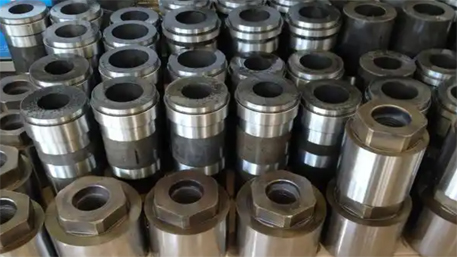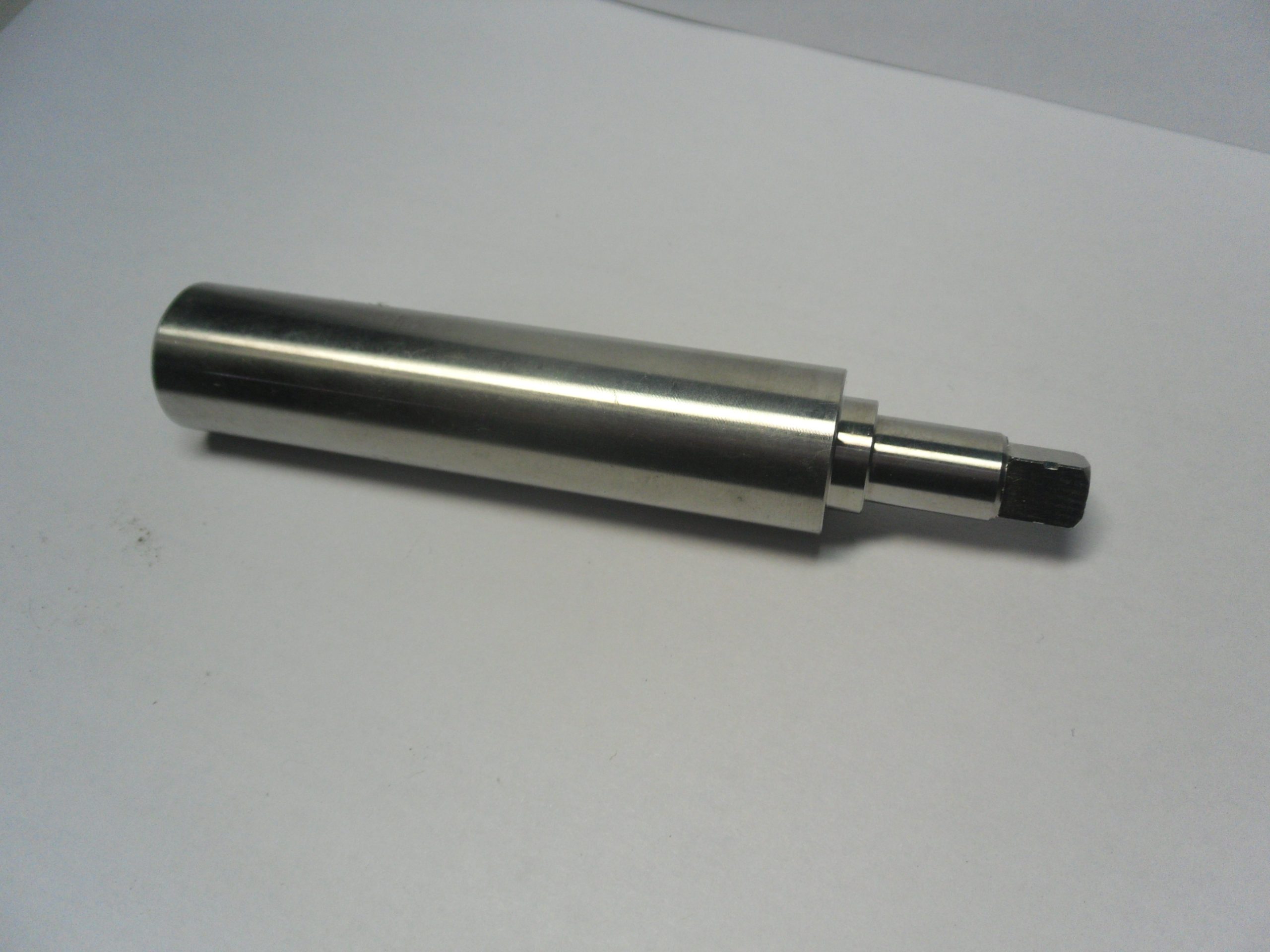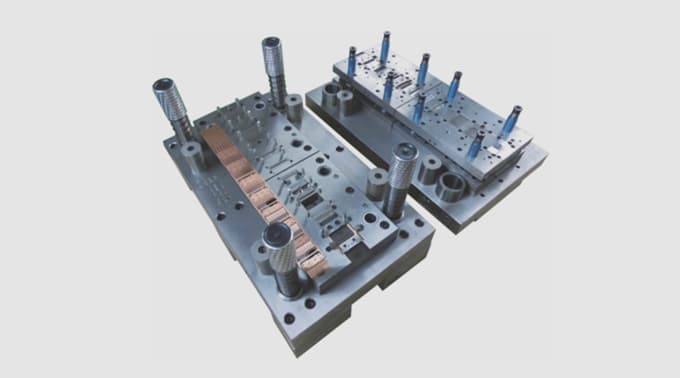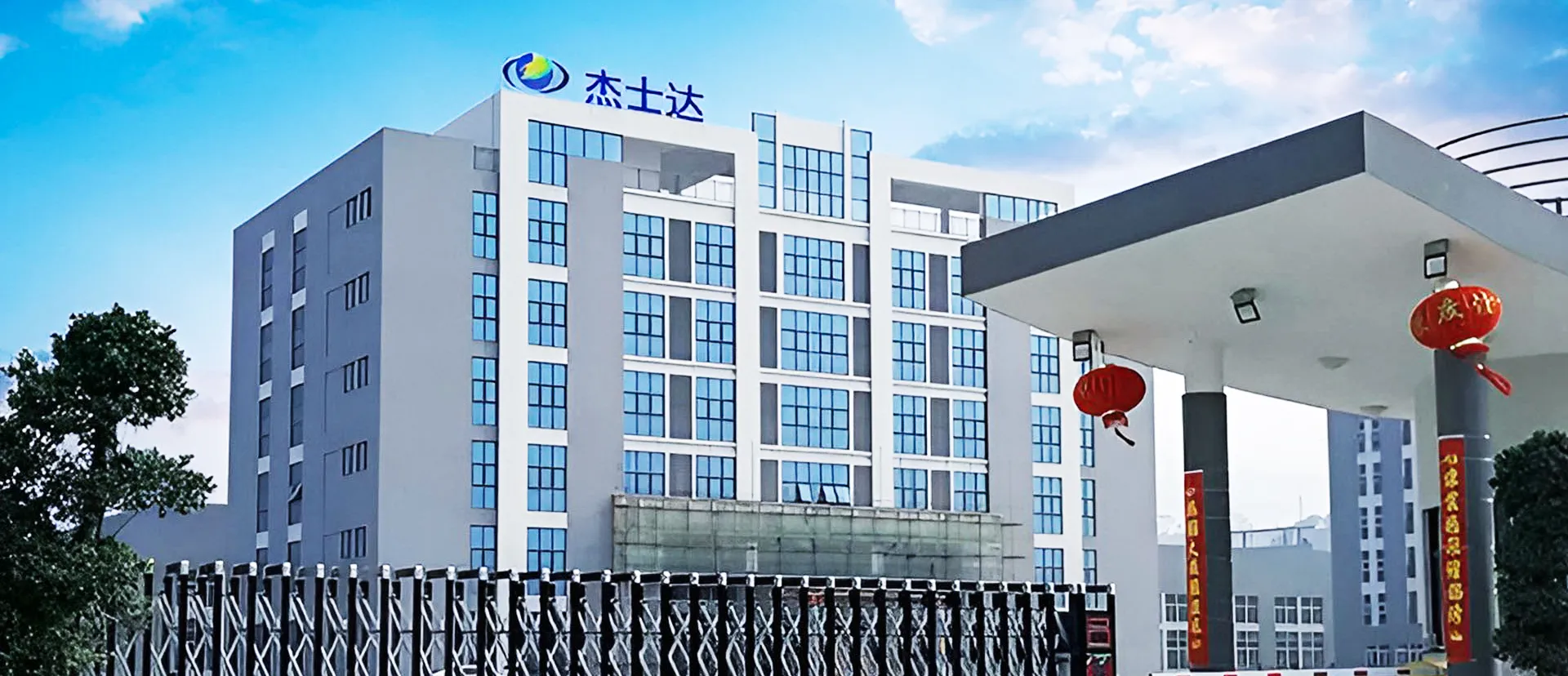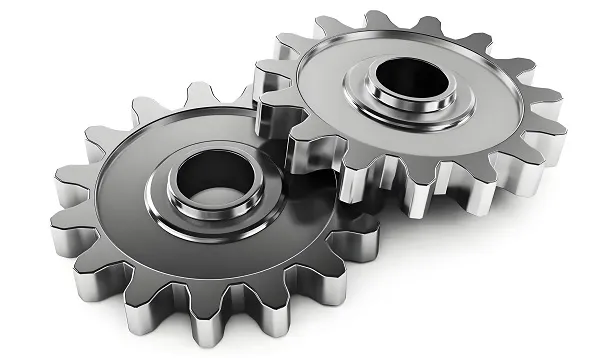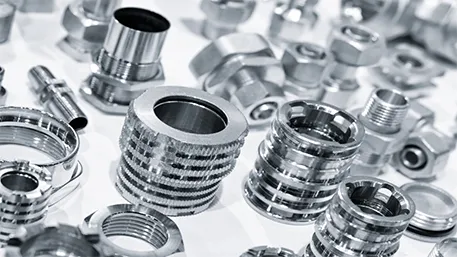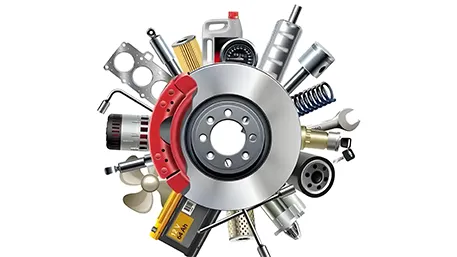In the complex landscape of industrial operations, valves serve as the gatekeepers of fluid control, playing a crucial role in various sectors such as oil and gas, chemical, power generation, and water treatment. The performance, reliability, and efficiency of these valves heavily rely on the quality of their components. As industries strive for enhanced productivity, reduced downtime, and improved safety, custom CNC (Computer Numerical Control) machining has emerged as the go-to solution for manufacturing industrial valve accessories. This article delves into the technical capabilities, customization process, material selection, quality control, and industry applications of custom CNC industrial valve accessories, highlighting how they are revolutionizing fluid management.
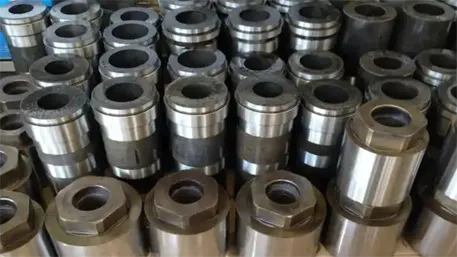
CNC machining systems are designed to achieve unparalleled precision in manufacturing valve accessories. With positioning accuracy reaching ±0.005mm and repeat positioning accuracy of ±0.01mm, we can fabricate components such as valve bodies, seats, stems, and discs with extremely tight tolerances. For instance, when machining valve seats, the concentricity can be maintained within ±0.003mm, ensuring a perfect seal and preventing leakage. This level of accuracy is essential for maintaining the integrity of fluid systems, reducing the risk of costly breakdowns and safety hazards.
Five-axis CNC machining technology enables the production of valve accessories with intricate geometries. Whether it’s a valve body with complex internal flow channels, a multi-port valve assembly, or a custom-shaped disc, the five-axis system can execute these designs in a single setup. Compared to traditional machining methods, which often require multiple setups and are more prone to errors, five-axis CNC machining reduces setup-related errors from ±0.03mm to within ±0.01mm. Moreover, it boosts production efficiency by over 60%, significantly shortening the lead time for custom valve components. This allows industries to quickly adapt to changing requirements and minimize project delays.
During the machining of industrial valve accessories, challenges such as material deformation, surface finish, and tool wear need to be addressed. We deploy a comprehensive set of advanced techniques to overcome these obstacles. By carefully selecting cutting parameters, optimizing toolpaths, and implementing real-time monitoring and control systems, we can minimize material deformation. Additionally, the use of high-speed machining and advanced finishing processes, such as honing and lapping, results in components with a superior surface finish. A smooth surface finish not only improves the sealing performance but also reduces friction, enhancing the overall efficiency and lifespan of the valve.
When you approach us with your valve accessory requirements, our experienced engineering team engages in detailed discussions to understand your application, performance expectations, and design preferences. Using state-of-the-art CAD/CAM software, we generate multiple design concepts. We then collaborate closely with you, refining the designs until they perfectly align with your vision. Whether you need a standard component with a unique modification or a completely new design for a specialized valve, we have the expertise to bring your ideas to life.
Based on the finalized design, we recommend the most suitable materials for your valve accessories. We consider factors such as the type of fluid being handled, operating pressure and temperature, corrosion resistance, and cost-effectiveness. For high-temperature and high-pressure applications in the oil and gas industry, materials like alloy steels and nickel-based alloys are often preferred. In corrosive environments, such as chemical processing plants, stainless steels and exotic alloys are more suitable. Simultaneously, we conduct a detailed cost analysis, factoring in material costs, machining complexity, and production volume, to provide you with a transparent and competitive quote.
Once you approve the design and quote, production commences. You can monitor the progress of your order in real-time through our dedicated online tracking platform. Our skilled technicians adhere to strict manufacturing standards, using advanced CNC machines to produce valve accessories that meet the highest quality benchmarks. We keep you informed at every stage of the production process, from raw material procurement to the final machining operations.
After production, each valve accessory undergoes a rigorous quality inspection. Only components that meet our exacting standards are shipped to you. We perform dimensional inspections using coordinate measuring machines (CMMs) to ensure that all critical dimensions are within ±0.005mm. Surface finish measurements are also taken to ensure that the surface meets the required roughness specifications. In addition, we conduct functional tests, such as pressure testing and leakage testing, to validate the performance of the valve accessories. We also offer comprehensive after-sales support, addressing any concerns you may have during the product’s lifecycle.
Alloy steels, such as 4140 and 4340, are popular choices for valve components in high-pressure and high-temperature applications. These steels contain alloying elements like chromium, molybdenum, and manganese, which enhance their strength, hardenability, and resistance to creep and fatigue. With a tensile strength of up to 1030 MPa and a yield strength of around 860 MPa, alloy steels are suitable for valve bodies, stems, and other load-bearing components in industries such as power generation and oil refining.
Stainless steels, especially grades like 304 and 316L, are widely used in valve accessories due to their excellent corrosion resistance. 304 stainless steel offers good general corrosion resistance and is commonly used in applications where the environment is not highly corrosive. 316L stainless steel, on the other hand, contains molybdenum, which provides enhanced resistance to chloride-induced corrosion. It has a tensile strength of ≥485 MPa and a yield strength of ≥170 MPa. This makes it suitable for valve components in industries such as chemical processing, water treatment, and marine applications.
Nickel-based alloys, such as Inconel and Hastelloy, are designed to withstand extreme conditions, including high temperatures, high pressures, and corrosive media. These alloys offer excellent resistance to oxidation, carburization, and stress corrosion cracking. Inconel, for example, can maintain its mechanical properties at temperatures up to 1100°C, making it ideal for valve components in gas turbines and chemical reactors. Hastelloy, with its superior resistance to strong acids and chlorides, is commonly used in the pharmaceutical and petrochemical industries.
All incoming raw materials for valve accessories are subject to strict quality checks. We use spectroscopic analysis to verify the chemical composition of metals, ensuring that they meet the required standards. For example, when using 4140 alloy steel, we confirm that the chromium, molybdenum, and manganese contents are within the specified ranges. Additionally, hardness testing, tensile testing, and metallographic analysis are performed to ensure the material’s integrity.
Throughout the manufacturing process, we employ statistical process control (SPC) techniques to monitor key manufacturing parameters. Regular sampling and data collection help us identify and correct any potential issues promptly. We monitor parameters such as cutting forces, spindle speeds, and feed rates during machining. If any parameter deviates from the set values, we can adjust the machining process in real-time to ensure consistent product quality.
Before shipping, each valve accessory undergoes a comprehensive inspection. We use CMMs to verify dimensional accuracy, ensuring that all critical dimensions are within ±0.005mm. Surface roughness measurements are taken to ensure that the surface meets the required specifications. In addition, we conduct functional tests, such as pressure testing up to 10,000 psi and leakage testing with a sensitivity of 0.01 cc/min, to validate the performance of the valve accessories under real-world conditions. Only components that pass all these tests are considered ready for delivery.
In the oil and gas industry, custom CNC valve accessories are used in a wide range of applications, including wellheads, pipelines, and refineries. These components need to withstand high pressures, extreme temperatures, and corrosive fluids. Custom – made valve bodies and seats, for example, can be designed to meet the specific requirements of different well conditions, ensuring reliable operation and preventing leaks. The high precision and durability of CNC – machined valve accessories also contribute to reducing maintenance costs and downtime, maximizing production efficiency.
In the chemical industry, valves are used to control the flow of various chemicals, including acids, alkalis, and solvents. The materials and design of valve accessories must be carefully selected to resist corrosion and ensure the safe handling of hazardous substances. Custom CNC – machined valve components made from stainless steels and nickel-based alloys can provide the necessary corrosion resistance and performance. Additionally, the ability to create complex internal geometries allows for better fluid flow control, reducing the risk of chemical reactions and improving process efficiency.
In power generation plants, valves play a crucial role in steam and water systems. Custom CNC valve accessories are used in boilers, turbines, and condensers to control the flow of steam, water, and other fluids. These components need to withstand high temperatures and pressures, as well as the erosive effects of steam. High – quality valve bodies, stems, and discs made from alloy steels and nickel-based alloys can ensure the reliable operation of power generation systems, minimizing the risk of equipment failure and improving overall plant efficiency.
In the water treatment industry, valves are used to control the flow of water, chemicals, and sludge. Custom CNC valve accessories are designed to meet the specific requirements of different water treatment processes, such as filtration, disinfection, and desalination. These components need to be corrosion-resistant, easy to clean, and reliable. Stainless steel valve components, for example, can provide excellent corrosion resistance in water treatment applications, ensuring the long-term performance and durability of the valves.
Our CNC machining can achieve a dimensional tolerance of ±0.005mm, ensuring that the valve accessories are manufactured to the highest precision standards.
The choice depends on your application’s requirements, such as the type of fluid being handled, operating pressure and temperature, and corrosion resistance. Our experts can help you select the most suitable material based on your specific needs.
Lead times vary depending on the complexity of the design and order quantity. Simple designs can be completed in 3 – 5 days, while more complex ones may take 7 – 10 days. Rush orders are available upon request.
Absolutely. Our five-axis CNC machines can fabricate valve accessories with intricate geometries, including complex internal flow channels and multi-port assemblies, meeting even the most demanding design requirements.
Costs are determined by factors such as material, design complexity, precision requirements, and order quantity. While small – batch customization may be relatively costly, economies of scale can significantly reduce per – unit costs for larger orders.
An oil and gas company approached us to develop custom valve bodies for their offshore drilling operations. Our team used five-axis CNC machining to achieve the required precision of ±0.005mm. The valve bodies not only met the strict quality standards of the oil and gas industry but also withstood the harsh offshore conditions, reducing the frequency of maintenance and improving production efficiency. As a result, the company was able to save millions of dollars in operational costs.
A chemical processing plant needed custom valve discs for their new production line. We implemented advanced machining techniques and rigorous quality control measures to ensure that the valve discs met the highest chemical industry standards. The customer reported a significant reduction in chemical leaks and an improvement in process safety, leading to increased production capacity and enhanced environmental performance.
Reach Out Now for Your Custom CNC Industrial Valve Accessories!
Regardless of your industry or application, our team of experts is ready to collaborate with you. We offer a seamless end – to – end service, from design to delivery. Contact us today to discuss your project requirements and take the first step towards getting top – quality custom CNC industrial valve accessories that will enhance the performance, reliability, and efficiency of your fluid control systems.
